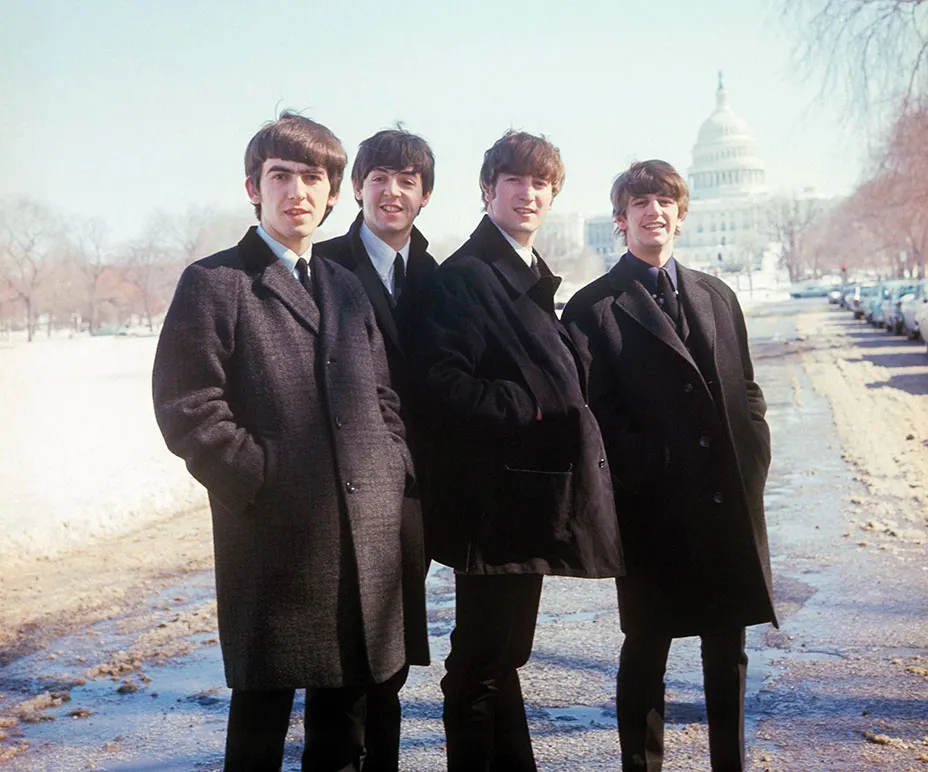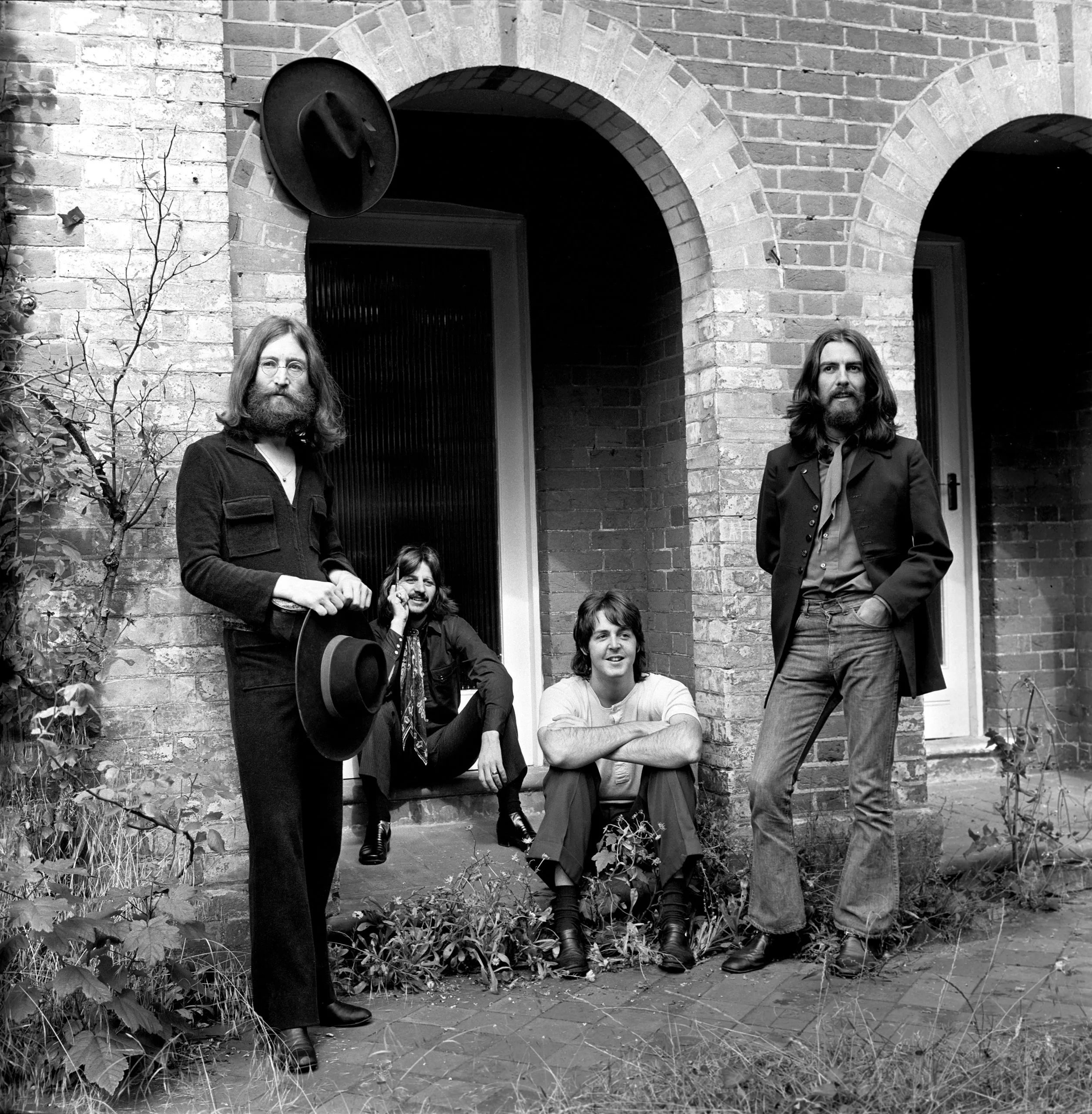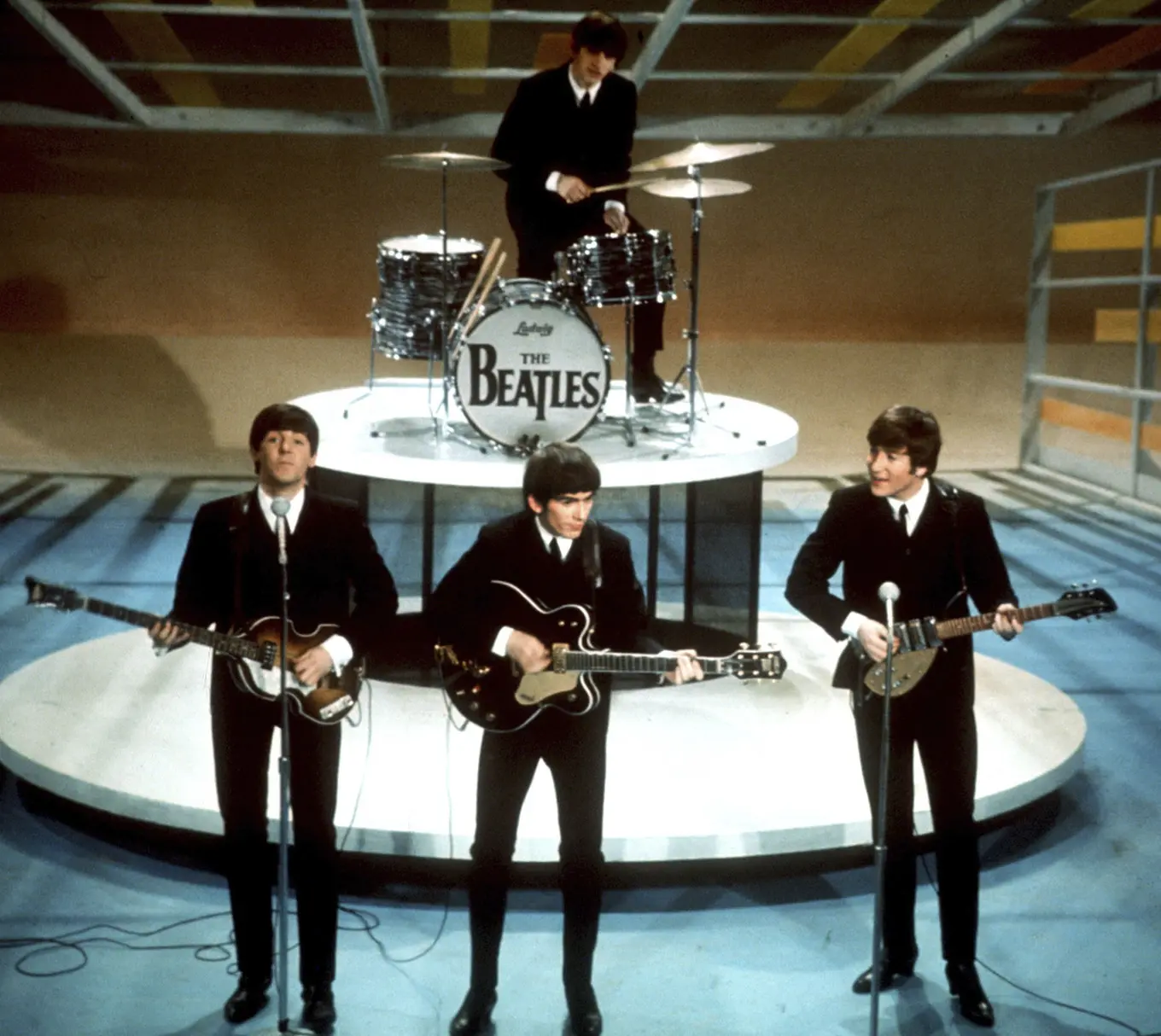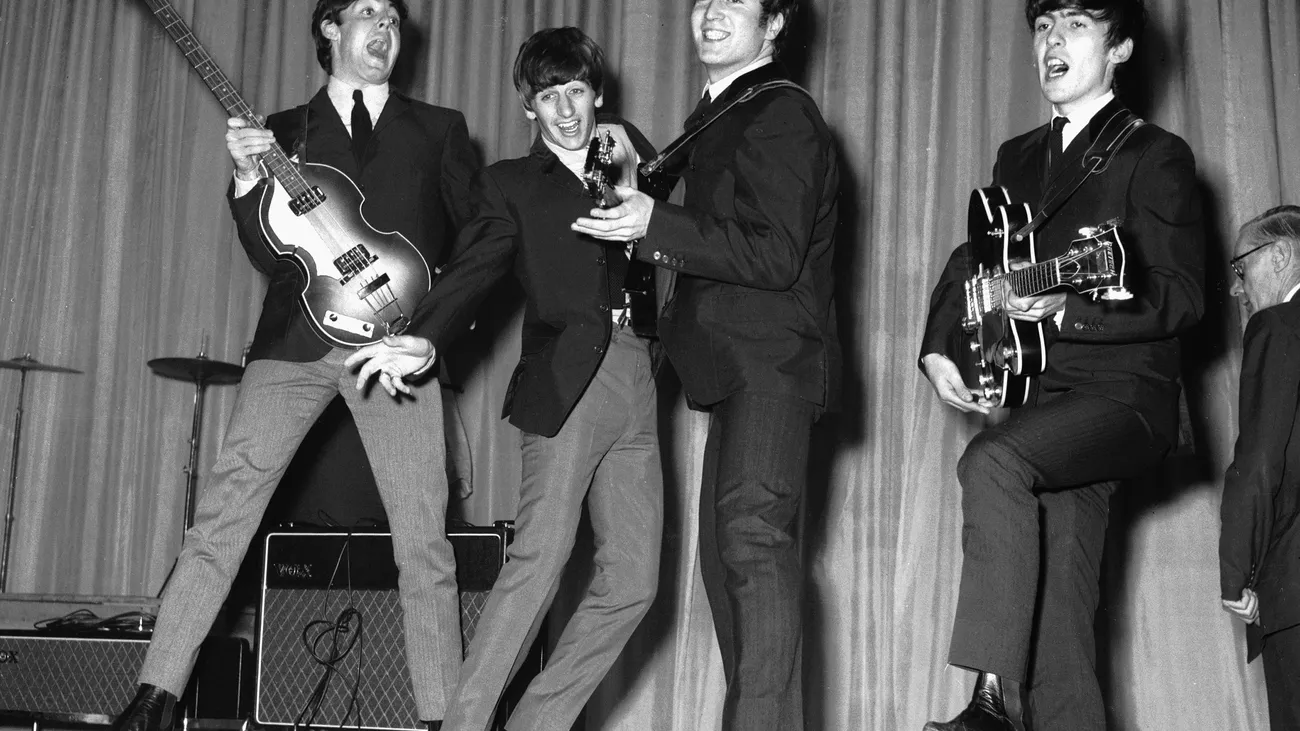The Beatles: The Legendary Journey of the Fab Four
- demacedogroup
- Aug 25, 2024
- 4 min read
Updated: Aug 27, 2024

The Beatles, often hailed as the greatest and most influential band in history, transformed the landscape of popular music in the 1960s and beyond. Comprised of John Lennon, Paul McCartney, George Harrison, and Ringo Starr, The Beatles’ journey from their humble beginnings in Liverpool to international superstardom is a story of creativity, innovation, and cultural revolution. Their music, style, and message have left an indelible mark on generations, making them an enduring symbol of the power of art to inspire change.
Early Days: The Formation of a Phenomenon
The Beatles’ story begins in the late 1950s in Liverpool, England. John Lennon, a young musician with a rebellious spirit, formed a band called The Quarrymen, which included Paul McCartney and later George Harrison. The group played a mix of skiffle and rock 'n' roll, drawing inspiration from American artists like Chuck Berry and Buddy Holly.
In 1960, the band officially became The Beatles, and they began honing their craft during grueling performances in Hamburg, Germany.
These early years were a formative period for the group, as they played long sets in clubs, developing their musical skills and tightening their sound. It was in Hamburg that The Beatles forged the close bond that would carry them through their meteoric rise.
Ringo Starr, who had been playing with another Liverpool band, Rory Storm and the Hurricanes, joined The Beatles as their drummer in 1962. With this final lineup, the band was complete, and they quickly became a sensation in Liverpool’s Cavern Club, where their energetic performances and charismatic personalities began to draw large crowds.
Beatlemania: The Rise to Global Fame
The Beatles’ rise to fame was swift and unprecedented. In 1962, they released their first single, "Love Me Do," which garnered attention in the UK. But it was their second single, "Please Please Me," that propelled them to national stardom. Their debut album, Please Please Me (1963), was recorded in a single day and topped the UK charts for 30 weeks.
By 1964, Beatlemania had taken hold of the UK, and The Beatles set their sights on America. Their appearance on The Ed Sullivan Show in February 1964 was a cultural phenomenon, watched by an estimated 73 million people. This event marked the beginning of the "British Invasion," as The Beatles dominated the US charts with hit singles like "I Want to Hold Your Hand" and albums like Meet the Beatles!
The Beatles’ music was characterized by its infectious melodies, innovative harmonies, and lyrical depth. They quickly evolved from crafting catchy pop songs to experimenting with more complex musical ideas, incorporating elements of folk, classical, and Indian music into their work. Albums like A Hard Day’s Night (1964) and Help! (1965) showcased their growing maturity as songwriters and musicians.
Innovations and Experiments: The Studio Years
As The Beatles grew more successful, they became increasingly interested in exploring new sounds and pushing the boundaries of popular music. This period of experimentation reached its peak with the release of Rubber Soul (1965), an album that marked a significant departure from their earlier work. With songs like "Norwegian Wood" and "In My Life," The Beatles began to explore more introspective themes and innovative musical techniques.
The band’s creative evolution continued with Revolver (1966), which featured groundbreaking tracks like "Eleanor Rigby" and "Tomorrow Never Knows." This album showcased their willingness to experiment with studio effects, tape loops, and unconventional instruments, setting the stage for their magnum opus, Sgt. Pepper’s Lonely Hearts Club Band(1967).
Sgt. Pepper was a landmark in the history of music, often cited as one of the greatest albums of all time. Its concept, production, and presentation were revolutionary, blending rock music with elements of classical and psychedelic music. The album’s influence extended beyond music, impacting fashion, art, and the broader counterculture movement of the 1960s.
Challenges and Changes: The Later Years
Despite their immense success, The Beatles faced challenges that began to take a toll on the band. The pressures of fame, creative differences, and the desire for individual artistic expression led to tensions within the group. Their decision to stop touring in 1966 allowed them to focus more on studio work, but it also marked the beginning of the end of their close-knit camaraderie.
The band’s later albums, including The White Album (1968), Abbey Road (1969), and Let It Be (1970), reflected their changing dynamics. While these albums featured some of their most iconic songs, like "Hey Jude," "Come Together," and "Let It Be," they also revealed the growing rifts between the members. The Beatles officially disbanded in 1970, leaving behind a legacy that would continue to influence music for generations to come.
Legacy: The Enduring Influence of The Beatles
The impact of The Beatles on music and culture is immeasurable. They redefined what it meant to be a rock band, inspiring countless artists and bands across genres. Their influence can be seen in everything from the evolution of album-oriented rock to the development of music videos and the concept of the artist as an innovator.
The Beatles’ legacy extends beyond their music. They were cultural pioneers who challenged norms, embraced experimentation, and used their platform to advocate for peace, love, and social change. Their message of unity and creativity continues to resonate with new generations of fans, making them as relevant today as they were at the height of Beatlemania.
Conclusion: The Beatles’ Enduring Magic
The Beatles were more than just a band—they were a phenomenon that changed the world. From their infectious early hits to their groundbreaking studio masterpieces, The Beatles pushed the boundaries of what popular music could be. Their legacy is one of creativity, innovation, and the enduring power of music to bring people together.
As we look back on the life and times of The Beatles, we are reminded of the magic they created, the barriers they broke, and the inspiration they continue to provide. The Beatles’ music is timeless, their influence unmatched, and their story one of the most extraordinary in the history of modern music.












































































Comments